HotSpots H2O: U.N. and Ethiopia Reach Aid Deal After Weeks of Conflict
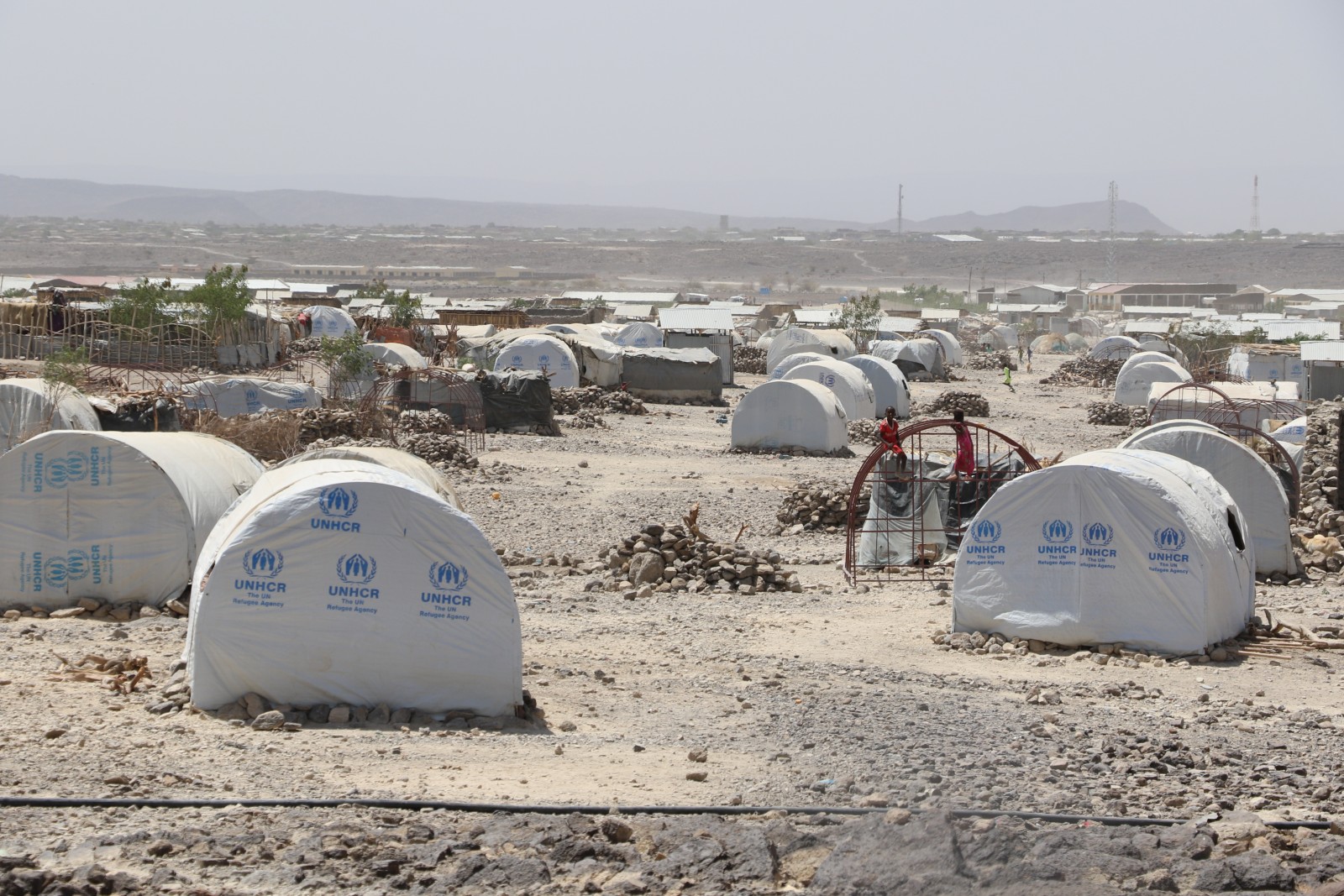
In Tigray and Afar regions of Ethiopia, aid organizations house Eritreans who are fleeing their country. © EU/ECHO/Anouk Delafortrie
After thousands of Eritrean refugees were stranded for weeks without food, clean water, and supplies in the northern Ethiopian region of Tigray due to conflict, the Ethiopian government and the United Nations reached a deal to allow unobstructed humanitarian access to areas under federal control last week.
The deal comes after a month of misery for those in the Tigray region. The conflict, stemming from election tension between the Ethiopian federal government and the Tigray People’s Liberation Front, erupted in early November. The ensuing confrontations cut communications and transportation to and from the region, where 6 million people live and many depend on humanitarian aid. Food, medical supplies, and potable water were hard to come by. Ethiopian Prime Minister Abiy Ahmed declared a military victory earlier this month, and gained “full control” of the Tigray capital city of Mekelle.
Due to the conflict, over 1 million people have been displaced in the region, and the nearly 100,000 Eritrean refugees caught in the crossfire at the border of Tigray and Eritrea have been most vulnerable to supply shortages.
In Mekelle, damage to infrastructure forced people in the region to drink untreated water, increasing the risk of water-borne diseases and illness. The conflict also overwhelmed regional hospitals and medical facilities, which are dealing with an influx of dead and injured while medical supplies run low. Around 80 percent of patients admitted to the Ayder Referral Hospital in Mekelle are suffering from trauma injuries, according to the International Committee of the Red Cross (ICRC).
“The influx of injured comes more than three weeks after supply chains were disrupted in Mekelle,” said Maria Soledad, the ICRC head of operations in Ethiopia. “We need to make sure that health workers have the supplies and conditions they need to carry out their lifesaving work.”
Amid this disarray, the ICRC also reported that another 1,000 Eritrean refugees arrived in Mekelle from abandoned or destroyed refugee camps. Many were looking for food and other supplies. Thousands of refugees from Tigray have been crossing into Sudan as well. An estimated 46,000 have crossed as of early December.
The amount of killing and displacement in Tigray has not been completely understood due to lack of access and communication within the region. Hundreds of civilians were reportedly killed in knife and machete attacks in early November, according to Amnesty International, and there may be more displaced people and camps throughout the region that need assistance.
While Ethiopia declared victory in the conflict, the Tigray People’s Liberation Front has rejected the declaration, stating that the fighting will continue as long as Ethiopia is on their land.
It is critically important to get objective information as to what is going on,” Tibor Nagy, the U.S. assistant secretary of state for African Affairs, told the BBC. “The active military phase is basically over. I’m not saying the fighting is over. So, at this point, the humanitarian phase is the most important one.”
Elena Bruess writes on the intersection of environment, health, and human rights for Circle of Blue and covers international conflict and water for Circle of Blue’s HotSpots H2O.

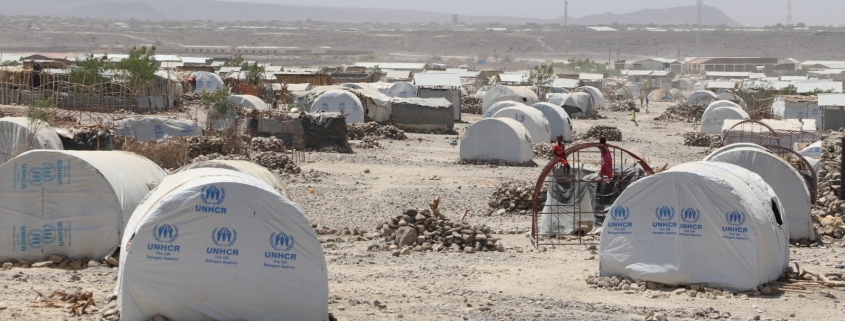


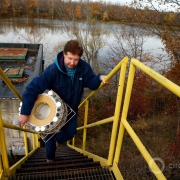
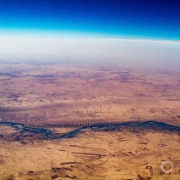

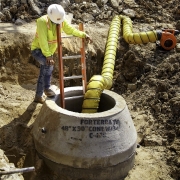
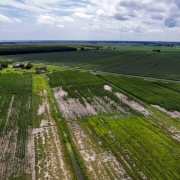



Leave a Reply
Want to join the discussion?Feel free to contribute!